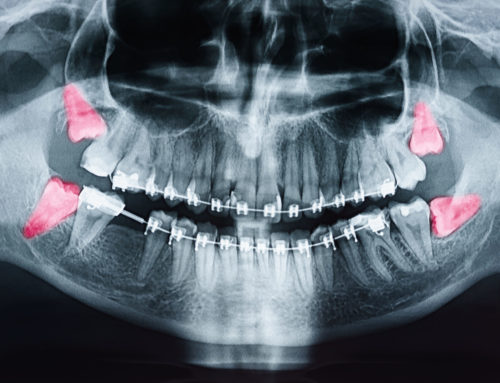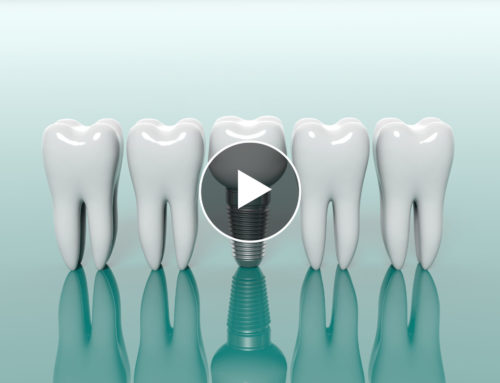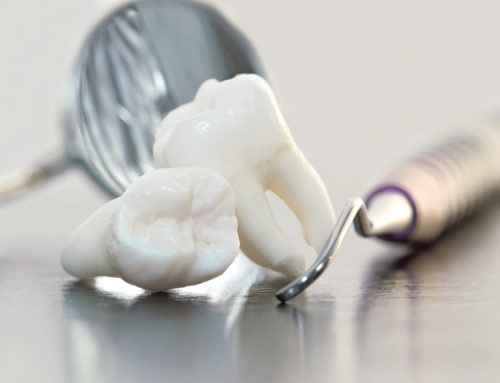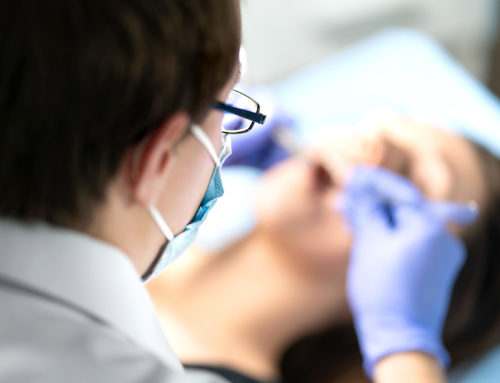 There are a variety of different types of dental surgery out there, including wisdom tooth extraction, implant placement, crown lengthening, and many others. Regardless of what type of surgery that you have done, the final step will always be the healing phase.
There are a variety of different types of dental surgery out there, including wisdom tooth extraction, implant placement, crown lengthening, and many others. Regardless of what type of surgery that you have done, the final step will always be the healing phase.
This final step is arguably the most important part of the entire process, as your surgical procedure can’t succeed unless it is able to heal properly. For that reason, good oral health is vital following any dental surgery.
To promote efficient and fast healing after your dental procedure, you will need to keep the surgical area as clean as possible. Your oral surgeon will give you instructions on how to do this, as you may need to avoid brushing the surgical site immediately after the procedure. Eventually, you will need to brush and floss gently, and you can rinse out your mouth with mouthwash or a warm saline solution in order to prevent infection.
It is especially important that you brush and floss after meals. You need to be mindful of any plaque or food particles that could be hiding out in your mouth. These irritants could trigger unhealthy inflammation that will jeopardize your body’s ability to heal your surgical site. Additionally, if an infection develops in a different part of your mouth, it could easily spread to the surgical site or other parts of your body.
In addition to improved dental hygiene, you will also need to visit with your dentist frequently. You will likely have a follow-up appointment scheduled for your oral surgeon to check the progress of your healing, but even after being given the OK to resume normal activities, periodic checks with your dentist will be needed. By visiting with your dentist every six months or so, he will be able to keep a watchful eye on the success of the surgery and any other issues that might be going on in your mouth.
Please contact us if you have any questions about maintaining your oral health.





